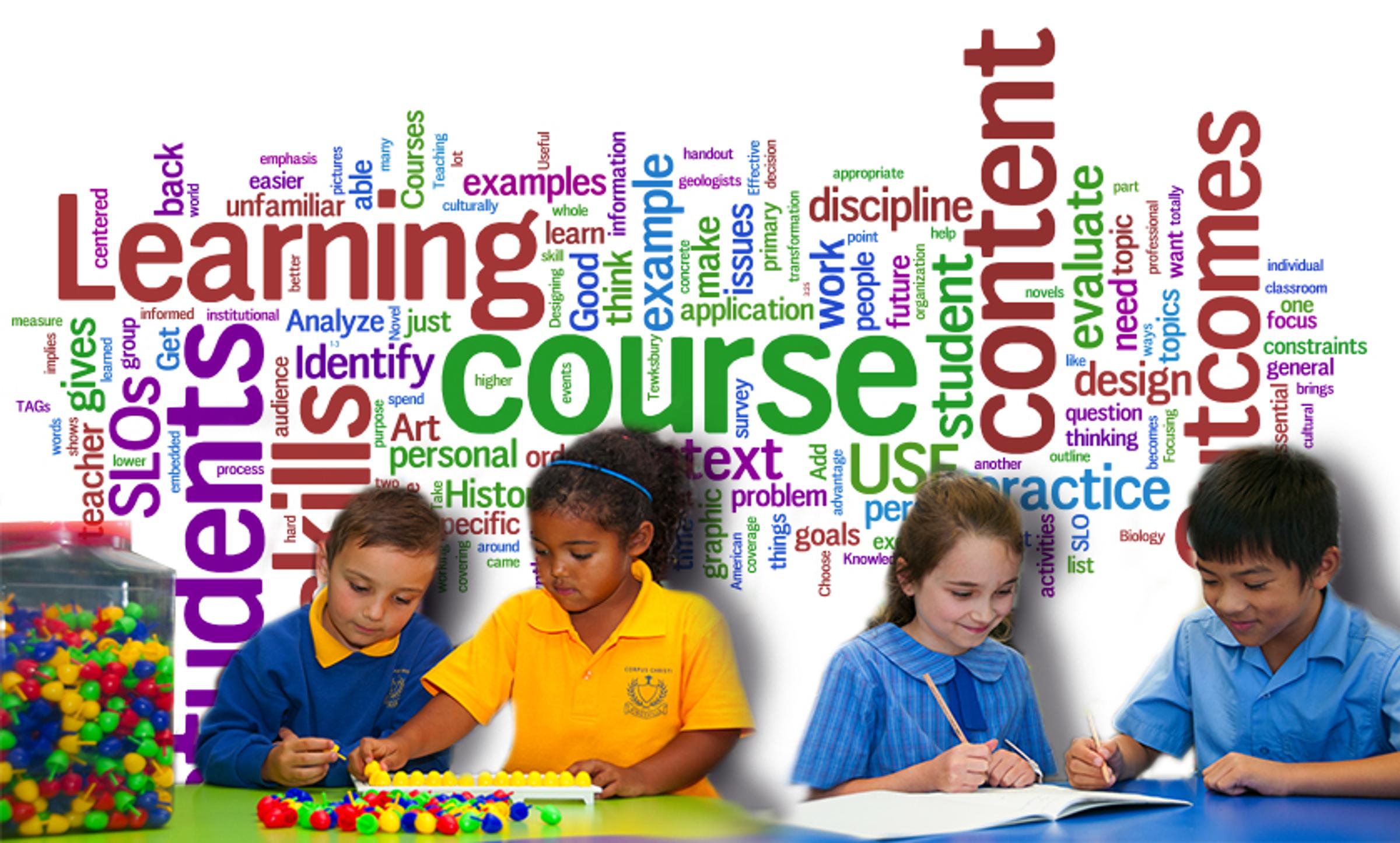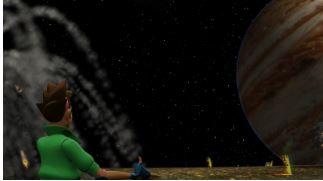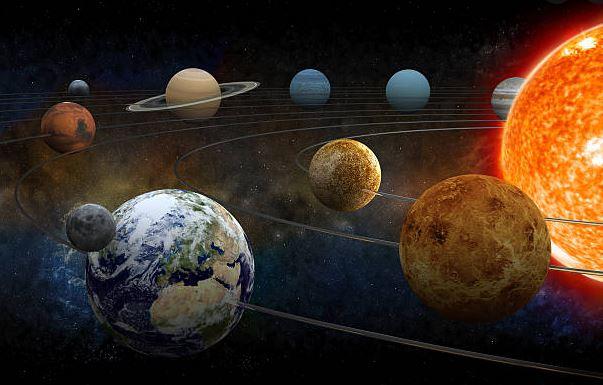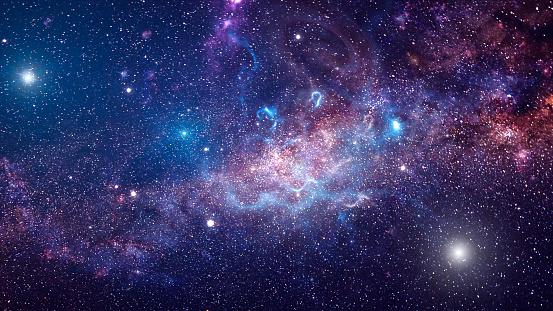Learning and Teaching

Scienceworks
Last week, the Year 5 and 6 Community visited Scienceworks as part of their Term 2 Inquiry Unit: Space Race - Does the race to space meet the needs of the Earth? A key part of the excursion was to visit the Planetarium show Solar System Odyssey. An outline of the show is:
Solar System Odyssey is an adventure set in the future, in a time when humans have depleted the natural resources of their home planet. The hero of this story, Jack Larson, is sent on a mission to discover a new home that humans can colonize.
Explore the Solar System with Jack as he looks for answers to some important scientific questions:
- How are the worlds of our Solar System alike?
- How are they different?
- What must those worlds have in order for humans to live there?
The journey takes Jack Larson and you on an exciting exploration visiting interesting places such as the icy rings of Saturn, Jupiter's volcano-ridden moon Io and the sub-zero methane lakes of Saturn's moon Titan.
Student Reflections
Before the excursion, the students completed a Think, Know, Wonder chart.
I think space is very interesting. There are many planets. I know there are 7 planets. There used to be 8. Uranus has 27 moons. Earth has the 3rd smallest out of the moons. Mercury and Venus do not have moons. I wonder why Mercury and Venus do not have moons and why does Uranus have 27 moons. By Luke
I like space because it has many different areas and because it has lots of undiscovered areas. I know it has planets. We are in space and planets are stars. I wonder if the planets in space have countries and what are planets made of? By Sophie
After the excursion, the students reflected on what they learned.
On the 4th of May 2022 Year 5/6S went to Scienceworks to learn about planets.
We went to the planetarium to learn about the positions of stars, planets and how unpredictable space can be. We watched a short movie about the planets and if humans could live on them in the future. We found out that the only discovered planet humans could easily live on was Earth.
I learned that objects can weigh differently on other planets. For example if you weigh 100 pounds on Earth you would weigh 240 pounds on Jupiter because you weigh more on bigger planets.
I think it would have been better if we got to learn about the sizes of planets compared to Earth because lots of planets are bigger or smaller than Earth.
For me the highlight of the trip was going to the planetarium and learning more about stars' positions and the pictures that different cultures created. By Jemima
I learned about the Solar System. There are over 100 moons. Some planets are really hot or really cold. There’s a planet of only volcanoes! The sun is a star. The sun is the biggest star. All the planets orbit the sun.
I found it interesting that there are over 100 moons and the sun is a star.
I would like to know more about the stars like the Southern Cross. By Michael.
Today I learnt that the Sun is actually a really big star, and the planets in space are really big. At night, the stars make shapes like animals and tonight there are going to be shooting stars.
I found the show room interesting because it was about these two characters travelling in space and the chairs in the room folded back to relax. The room had a screen covering the whole roof. By Zac
Deborah Courtney
Director of Learning and Teaching



